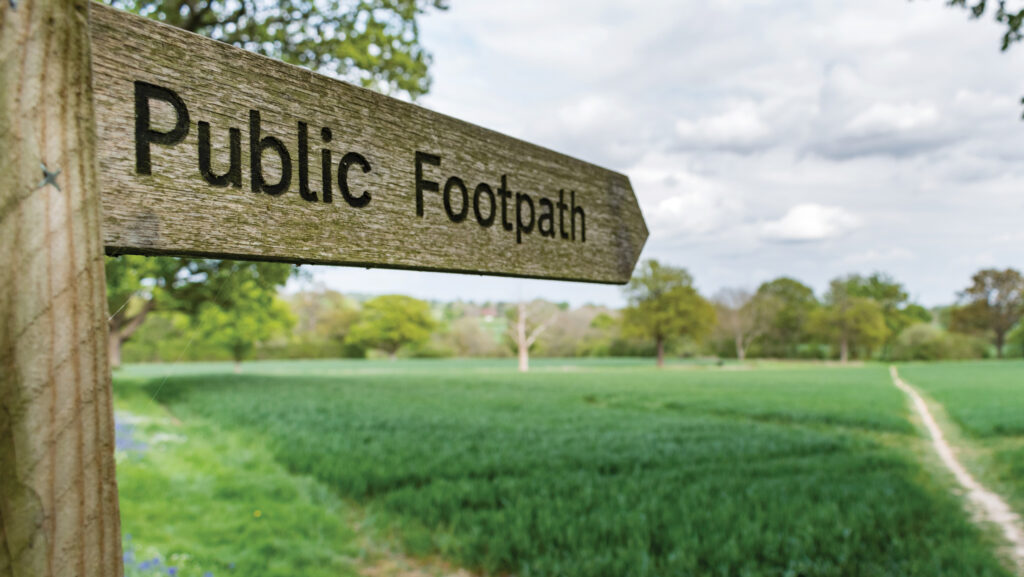Rights of way deadline repeal risks uncertainty, says CLA
 © Adobe Stock
© Adobe Stock The government’s decision to scrap the 2031 deadline for the recording of historic rights of way has provoked fierce criticism from farmers and rural landowners, who say the move risks chaos and uncertainty in the countryside.
The repeal, announced by Defra, overturns a policy designed by the previous Conservative government to streamline the process of mapping thousands of miles of unrecorded public paths in England.
The Country Land and Business Association (CLA) argues the decision undermines decades of efforts to balance public access with land management.
CLA deputy president Gavin Lane described the repeal as “a backward step and the latest attack on the countryside and farmers”.
See also: Analysis: Should people have the right to roam in England?
He added: “Campaigners have had decades to record rights of way, and the government’s decision to scrap the 2031 cut-off date without consulting affected parties will inflict significant uncertainty on farmers and land managers.”
The change allows local authorities more time to process applications to include unrecorded paths on the Definitive Map in England, the legal record of public rights of way.
Once a right of way has been established, the relevant local authority will then be legally responsible for maintaining them along with the appropriate landowner.
The CLA warns the decision to repeal the cut-off date could lead to a surge of speculative claims, further straining underfunded councils and creating disputes over obsolete or inaccessible routes.
Landowners fear they will bear the costs of maintaining newly designated paths while grappling with disputes over claims.
Farmers also warn of potential damage to their livelihoods, particularly when paths cross productive agricultural land.
Mr Lane highlighted the extensive public access already available, with 140,000 miles of footpaths and 3.5m acres of public land in England and Wales.
“This country already offers enormous access opportunities,” he said.
“The government should focus on improving the efficiency of the current system instead of creating new challenges for landowners.”
Ramblers delighted
However, supporters, including the Ramblers and Natural England, hailed the move as a victory for preserving England’s heritage and expanding public access to nature.
Minister for access Baroness Hayman said preserving ancient paths enhances public health and community connectivity.
“These well-trodden routes are part of our shared heritage,” she added, calling the repeal a “critical step” in securing long-term access.
